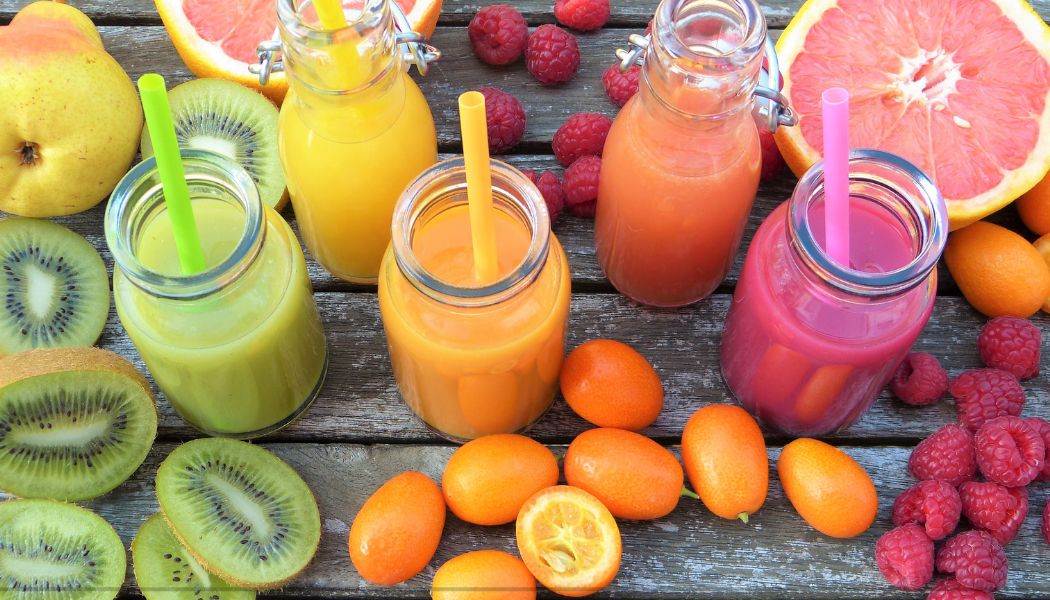5 of the Worst Drinks for People with Macular Degeneration
Macular degeneration is a common eye condition that can lead to vision loss over time. While factors like age and genetics play a role in the development of macular degeneration, your diet can also impact it. Certain drinks can make symptoms worse or speed up the progression of the disease. In this article, we'll look at some of the worst drinks for people with macular degeneration and why it's important to avoid them, along with treatment options like Eylea. Eylea is a medication that helps prevent the formation of new, abnormal blood vessels in the retina, which lead to vision loss.
Drinks to Avoid with Macular Degeneration
1. Sugary Soft Drinks
Sugary soft drinks, like sodas, are packed with high amounts of sugar. When you drink these beverages, your blood sugar levels can spike quickly. Over time, consistently high blood sugar can damage the tiny blood vessels in your eyes, making macular degeneration worse. Additionally, soft drinks often contain artificial ingredients and preservatives that offer no nutritional value and can contribute to overall poor health, which is linked to the progression of eye diseases.
2. Alcoholic Beverages
Excessive alcohol consumption is harmful to many parts of the body, including your eyes. Drinking too much alcohol can lead to increased blood pressure, which can damage the blood vessels in your eyes and accelerate the progression of macular degeneration. Alcohol also depletes essential nutrients, like vitamins A, C and E, which are vital for eye health. Even moderate alcohol consumption can contribute to dehydration, making it harder for your eyes to stay properly lubricated and nourished.
3. Energy Drinks
Energy drinks are popular for their quick boost of energy, but they often come with high levels of caffeine and sugar. The combination of these two can increase blood pressure and blood sugar levels. Caffeine can also lead to dehydration, which isn't good for overall eye health. Dehydration can cause dry eyes, which can add to the discomfort experienced by those with the condition.
4. Fruit Juices with Added Sugar
While fruit juices might seem like a healthy option, many store-bought juices contain added sugars that can raise blood sugar levels. High blood sugar, as mentioned earlier, can damage the blood vessels in your eyes and speed up the progression of macular degeneration. Even natural fruit juices without added sugar should be consumed in moderation, as they still contain natural sugars that can have a similar effect if consumed in large quantities.
5. Coffee in Excessive Amounts
Coffee, when consumed in moderation, isn’t necessarily harmful. However, drinking large amounts of coffee can lead to increased blood pressure. Additionally, too much caffeine can cause dehydration, affecting the moisture levels in your eyes and contributing to discomfort. If you enjoy coffee, try to limit your intake to one or two cups a day and opt for decaffeinated versions when possible.
Treatment Options for Macular Degeneration
While avoiding these drinks can help manage macular degeneration, it's also important to be aware of treatment options that can slow down the progression of the disease or help manage symptoms. Here are some common treatments:
- Nutritional supplements: Certain vitamins and minerals, like vitamins C and E, zinc and lutein, have been shown to slow the progression of macular degeneration. These are often found in over-the-counter supplements specifically formulated for eye health.
- Medications: Medication like Eylea helps combat symptoms by stopping the growth of abnormal blood vessels, reduces leakage of fluid and blood from vessels in the retina and helps stabilize vision so eyesight doesn't get worse.
- Anti-VEGF injections: For those with the wet form of macular degeneration, which involves abnormal blood vessel growth, anti-VEGF injections can help reduce the growth of these vessels and prevent further vision loss.
- Laser therapy: In some cases, laser therapy can be used to destroy abnormal blood vessels in the eye that contribute to vision loss in wet macular degeneration.
- Low vision aids: Devices like magnifying glasses or special lenses can help individuals with macular degeneration make the most of their remaining vision.
- Lifestyle changes: Along with avoiding harmful drinks, maintaining a healthy diet rich in leafy greens, fish and other foods high in omega-3 fatty acids, along with regular exercise, can support eye health and slow the progression of macular degeneration.
By being mindful of what you drink and exploring the treatment options available, you can take significant steps toward managing macular degeneration. This can help preserve your vision for as long as possible.

